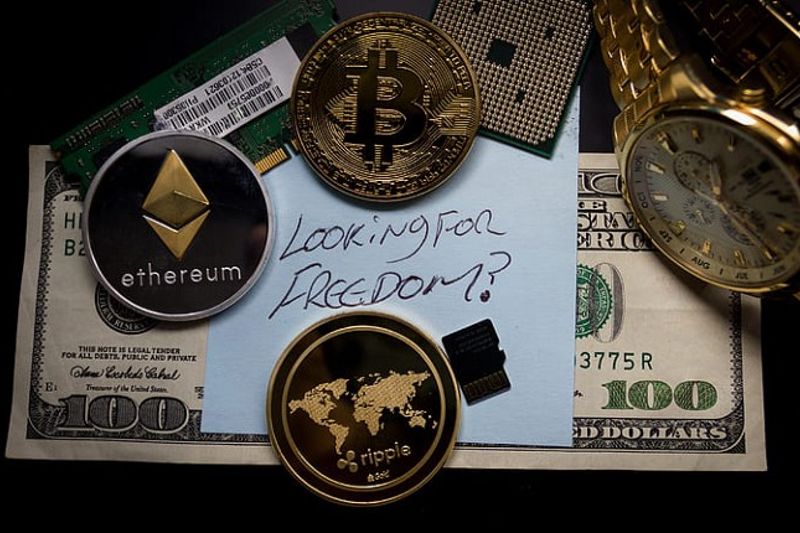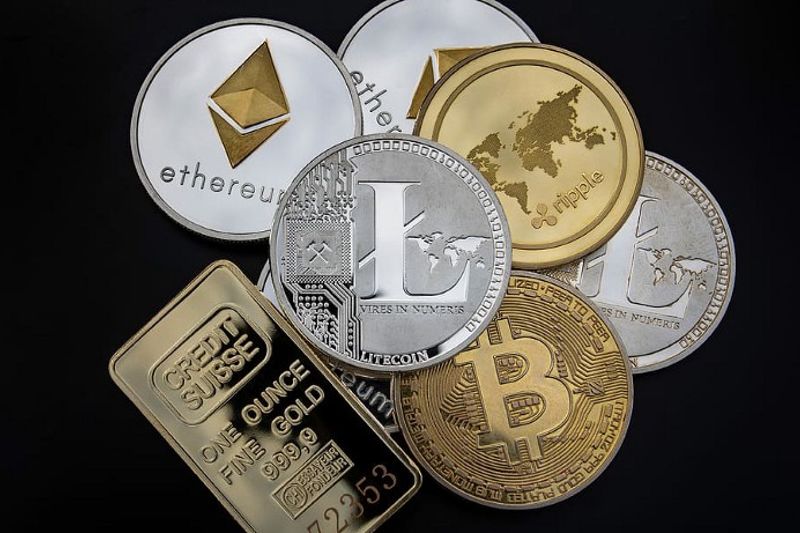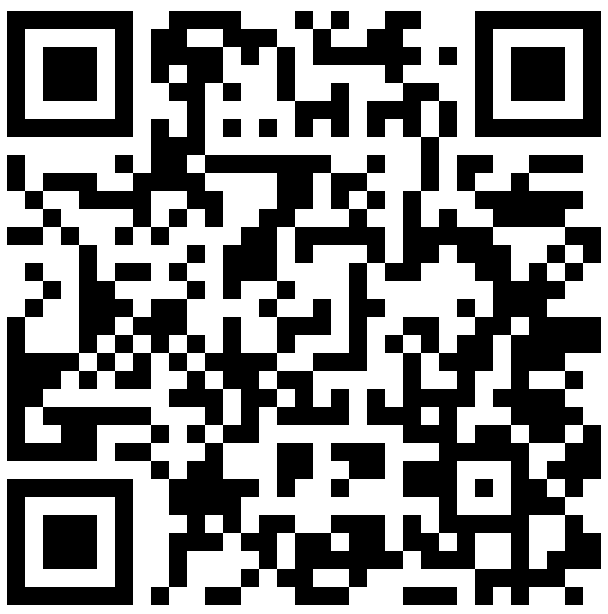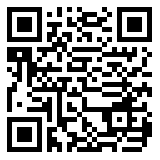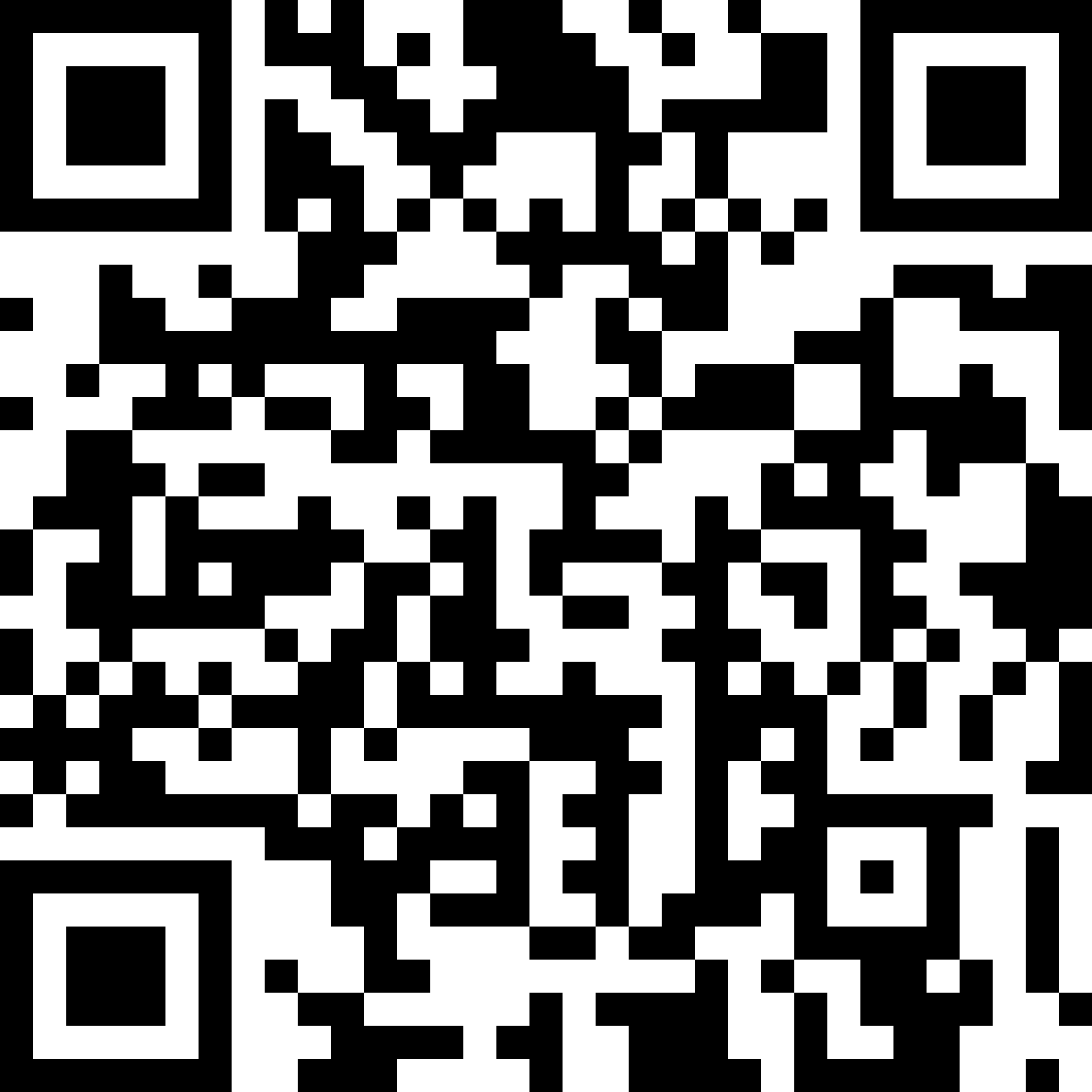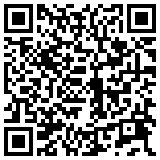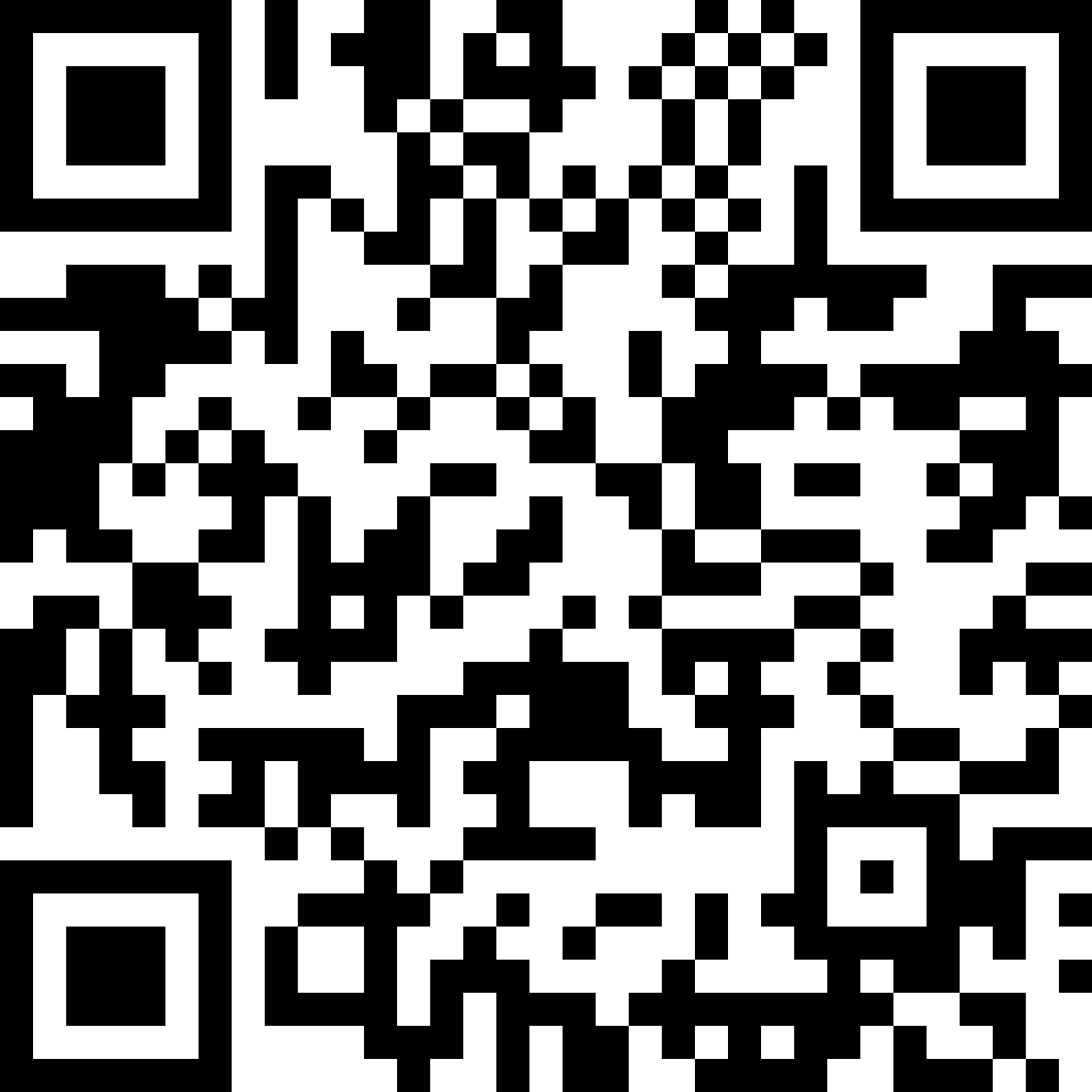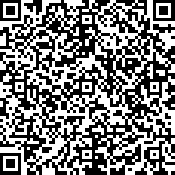
DeFi - Understanding Decentralized Finance
2020-05-14 | CryptoCurrency.ong
Decentralized, open lending has numerous advantages over traditional credit structures.
Decentralized finance (DeFi) has been the buzzword for some time, following the surge in platforms and products that utilized these services. Lending protocols, security tokens, derivatives, exchanges, etc. Ethereum’s DeFi landscape is playing out as one of its most elaborate application environments, even with the network’s scaling problems looming over the whole project.
What is DeFi?
If you want to put it simply, it is essentially just conventional financial tools built on a blockchain — more specifically on Ethereum. They are mostly predicated on open-source protocols or modular frameworks for creating and issuing digital assets and utilizing the advantages of operating on a public blockchain like censorship-resistance and improved access to financial services. Since decentralizing everything is not a prudent move, an alternative term that is more encompassing of the ongoing focus on financial products is open finance. Here, an ecosystem of integrated digital assets, blockchains, and open protocols are ingratiating themselves with conventional financial structures.
Open lending protocols garner more attention than any other categories of open finance on Ethereum, which is primarily due to the rise in the use of Dai and similar P2P protocols (e.g.: Dharma).
Decentralized, open lending has numerous advantages over traditional credit structures. Here are some to consider:
- integration with digital asset lending/borrowing
- collateralization of digital assets
- instant transaction settlement and innovative secured lending methods
- no credit checks, i.e. a broader access to people that cannot tap into traditional services
- standardization and interoperability, leading to a reduction of costs with automation
Who is it for?
Historically, since central authorities such as governments issue currencies that are the backbone of the economy of any given country. Central banks and other institutions are expected to regulate and manage the supply of currency in use. Although you trust your government to not print more money out of the blue, these bodies gain more and more power and the sad truth about our current financial system is that the power that comes along with you putting your trust in them isn’t always rewarded. We often have very little say in how companies handle our investments — not to mention how little our opinions matter in how our governments manage the economy.
There’s a saying in the blockchain space: “Don’t trust, verify.” With a blockchain network, you as an individual can verify any and every transaction that occurs on the blockchain. Almost all DeFi applications are built on the Ethereum blockchain, which is one of the world’s most popular programmable blockchains. On blockchains, developers can program applications on Ethereum that can create, store, and manage digital assets. These are called smart contracts or decentralized applications (DApps). You can build complex irreversible agreements without the need for a middle man, therefore, decentralized finance has the opportunity to bring about a more resilient and transparent financial system. Anyone with an internet connection is able to access and interact with smart contracts built on the Ethereum blockchain.
Some examples of popular DeFi application fields:
- borrowing and lending platforms
- stablecoins (tokens)
- decentralized exchange (DEX)
Levels of decentralization
There are varying degrees of decentralization when we talk about DeFi services. For example, let’s say you’re purchasing a home on the blockchain. Also, say, someone tokenizes the deed to their home, places it on a decentralized exchange, and you buy it. Without the proper legal setup and the law on your side, you aren’t able to force this person from their home regardless if you own the digital version. As it currently stands, you’d need to fall back on the court system of your home country to settle the dispute.
Conclusion
If you believe the future has digital money, then DeFi is the thing you need to look into. There are many more types of participants, services, and products in the DeFi and open finance ecosystem, like custodians, infrastructure platforms, payment avenues, and insurance. It is always important to do your own research and realize that DeFi products often involve high-risk assets in uncertain platforms and unprecedented use-case scenarios. Ethereum has become the blockchain of choice for companies to build their products on with more and more DeFi applications are built every day.
Enjoy reading? Please share:
Get the latest crypto news, updates and reports by subscribing to our free newsletter!
